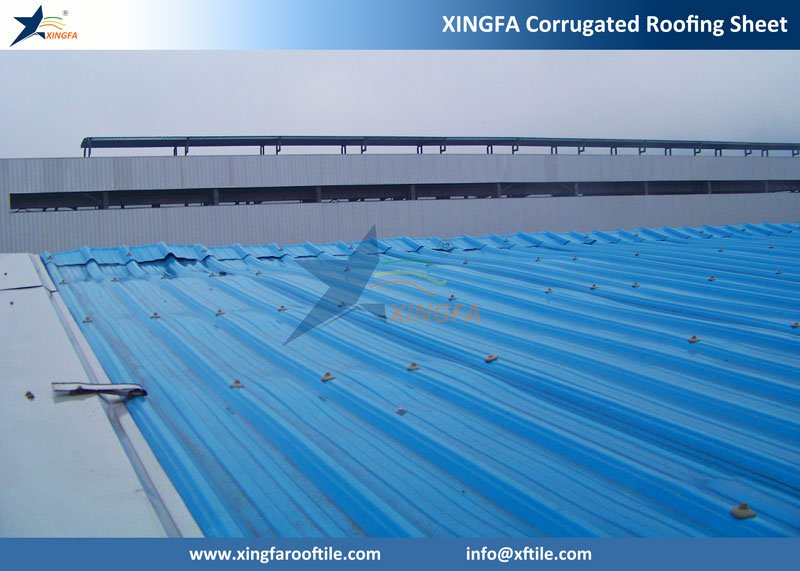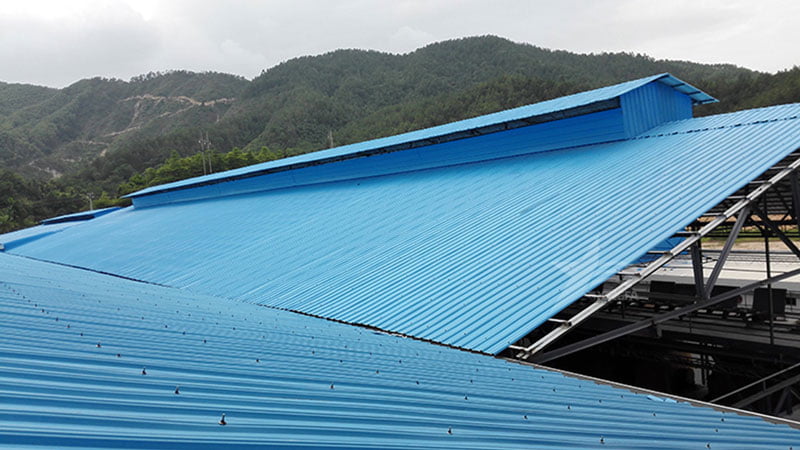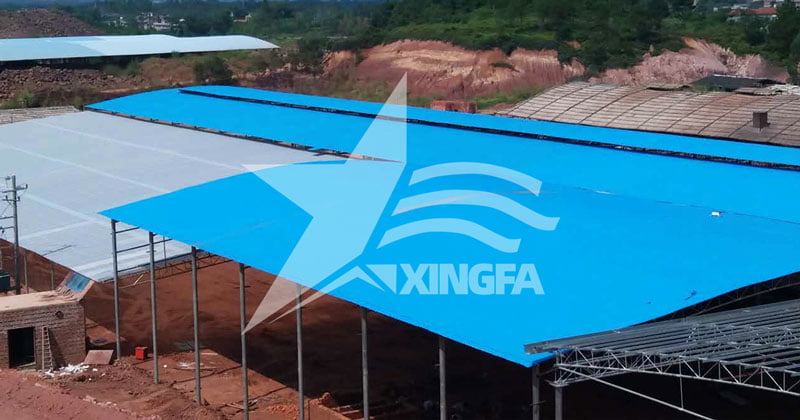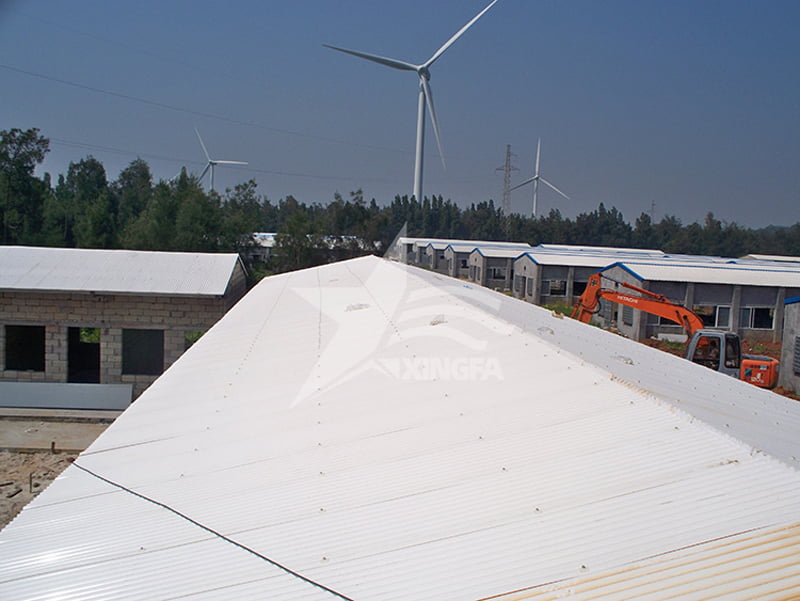UPVC roof tiles are a popular choice for roofing and wall cladding due to their durability, cost-effectiveness, and ease of installation. When it comes to fire resistance and safety under high temperatures, UPVC tiles offer several advantages:

Fire Resistance of UPVC Tiles
- Inherent Fire Retardancy
– UPVC is inherently fire-resistant due to its chlorine content. When exposed to fire, UPVC tends to self-extinguish once the flame source is removed.
– It does not easily ignite and has a higher ignition temperature compared to other plastics.

- Low Flame Spread
– PVC roof tile exhibit low flame spread, meaning they do not propagate flames quickly. This property helps in containing fire to a smaller area and prevents rapid escalation.
- Minimal Smoke Emission
– In the event of a fire, UPVC tiles produce less smoke compared to other materials like wood or certain types of plastic. This is crucial for visibility and reducing inhalation hazards during evacuation.
Safety Under High Temperatures
- Heat Resistance
– UPVC tiles are designed to withstand high temperatures without warping or deteriorating. They can maintain their structural integrity up to temperatures around 60-70°C (140-158°F).
– For extreme temperature conditions, it is essential to check the specific product’s temperature tolerance as it may vary slightly between manufacturers.
- Chemical Stability
– UPVC roof tile has good chemical stability and does not degrade or release harmful substances when exposed to high temperatures. This makes it safer for environments where chemical exposure might be a concern.
Ensuring Safety and Performance
- Quality Certification
– Ensure the UPVC roofing tiles you purchase are certified for fire resistance by relevant authorities. Look for certifications like ASTM E84 (Standard Test Method for Surface Burning Characteristics of Building Materials) or equivalent local standards.
- Installation Guidelines
– Proper installation is crucial for maximizing fire resistance. Follow the manufacturer’s guidelines for spacing, fastening, and sealing to ensure the tiles perform optimally.
– Use fire-resistant sealants and adhesives if recommended.
- Regular Maintenance
– Conduct regular inspections to check for any damage or degradation. Replace any damaged tiles promptly to maintain the overall integrity and safety of the roofing system.
- Supplementary Fire Protection
– In high-risk areas, consider additional fire protection measures such as installing fire barriers, sprinkler systems, or fire retardant coatings on the UPVC tiles.
Advantages of UPVC Tiles in Fire Safety
– Non-Combustibility: UPVC does not support combustion and self-extinguishes, reducing the risk of fire spreading.
– Durability: Maintains structural integrity under high temperatures, ensuring continued protection.
– Cost-Effective: Offers a good balance of fire resistance and affordability compared to other roofing materials.
– Environmentally Friendly: Low smoke emission and minimal release of toxic gases contribute to safer evacuation conditions.
Conclusion

UPVC tiles provide a reliable and fire-resistant option for roofing and cladding, making them a safe choice for both residential and commercial applications. By choosing certified products, following proper installation practices, and conducting regular maintenance, you can ensure that your UPVC tile installations offer effective fire resistance and safety under high temperatures.


